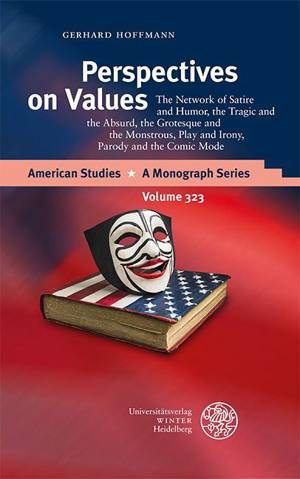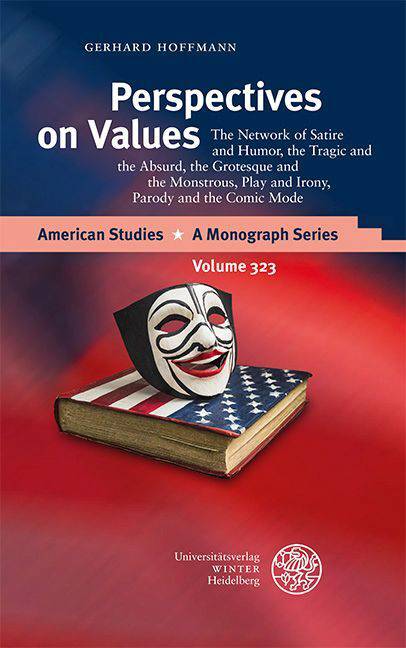
- Afhalen na 1 uur in een winkel met voorraad
- Gratis thuislevering in België vanaf € 30
- Ruim aanbod met 7 miljoen producten
- Afhalen na 1 uur in een winkel met voorraad
- Gratis thuislevering in België vanaf € 30
- Ruim aanbod met 7 miljoen producten
Zoeken
Perspectives on Values
The Network of Satire and Humor, the Tragic and the Absurd, the Grotesque and the Monstrous, Play and Irony, Parody and the Comic Mode
Gerhard Hoffmann
€ 96,95
+ 193 punten
Omschrijving
Delving deep into the structural and structuring intricacies of humor in British and American novels, this book presents a systematic theory that unravels humor's multifaceted nature. Humor's forms are analyzed in pioneering novels in a wide range of genres including the 18th-century novel, naturalism, modernism, and postmodernist writing. Gerhard Hoffmann's insight transforms the conventional view of humor, positing it as dynamic force that shapes relationships within the complexity of historical and cultural contingency. By scrutinizing humor's form and function, a nuanced exploration of moral values emerges, revealing positions of incongruity and negation and the dissemination rather than containment of meaning. Humor becomes a network of perspectives transcending the text itself. This comprehensive exploration offers innovative readings of canonical authors such as Fielding, Twain, Woolf, Hawthorne, Melville, Wharton, Faulkner, and Barthelme.
Specificaties
Betrokkenen
- Auteur(s):
- Uitgeverij:
Inhoud
- Aantal bladzijden:
- 812
- Taal:
- Engels
- Reeks:
- Reeksnummer:
- nr. 323
Eigenschappen
- Productcode (EAN):
- 9783825395865
- Verschijningsdatum:
- 4/04/2024
- Uitvoering:
- Hardcover
- Formaat:
- Genaaid
- Afmetingen:
- 135 mm x 211 mm
- Gewicht:
- 1020 g

Alleen bij Standaard Boekhandel
+ 193 punten op je klantenkaart van Standaard Boekhandel
Beoordelingen
We publiceren alleen reviews die voldoen aan de voorwaarden voor reviews. Bekijk onze voorwaarden voor reviews.











